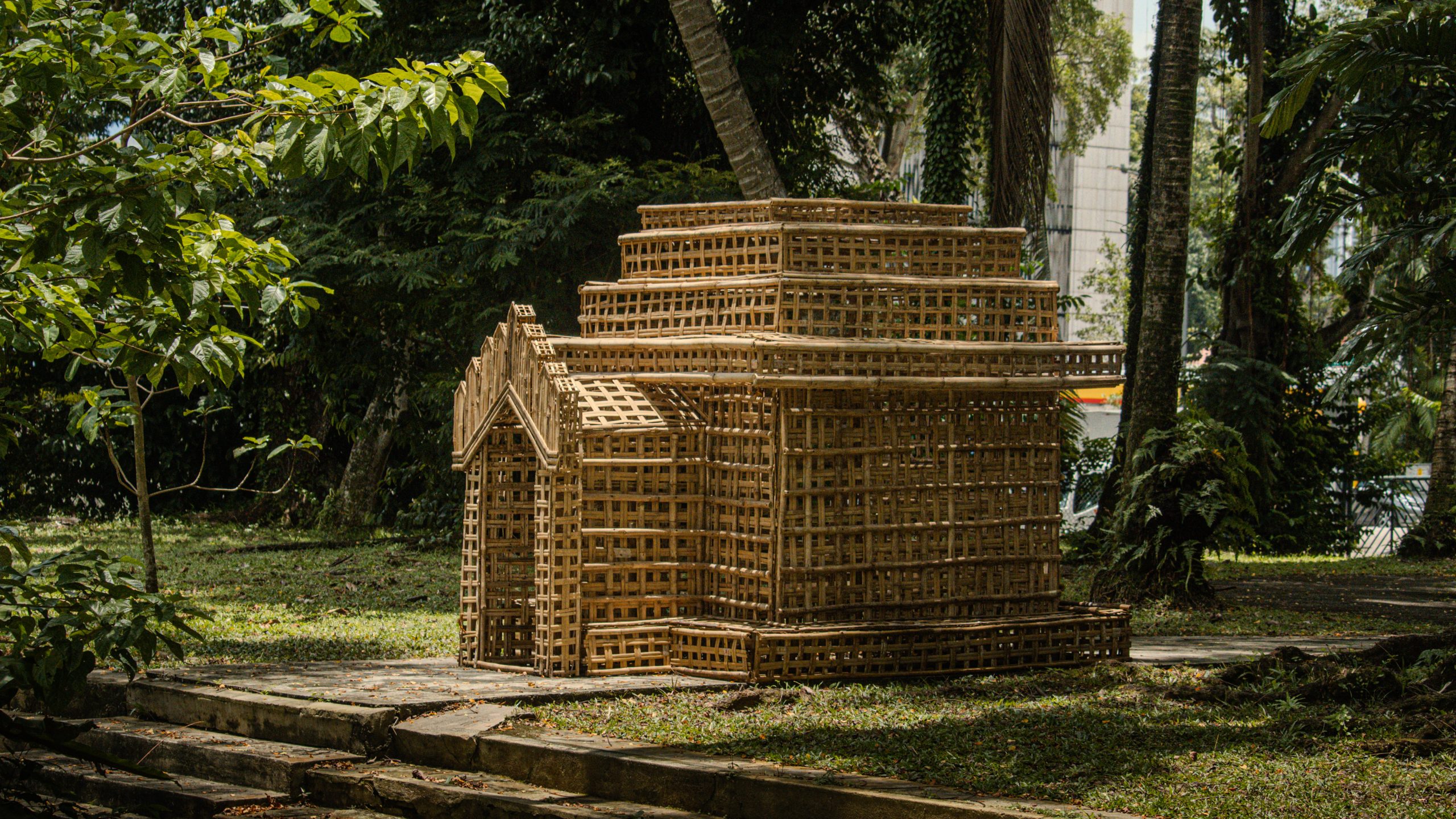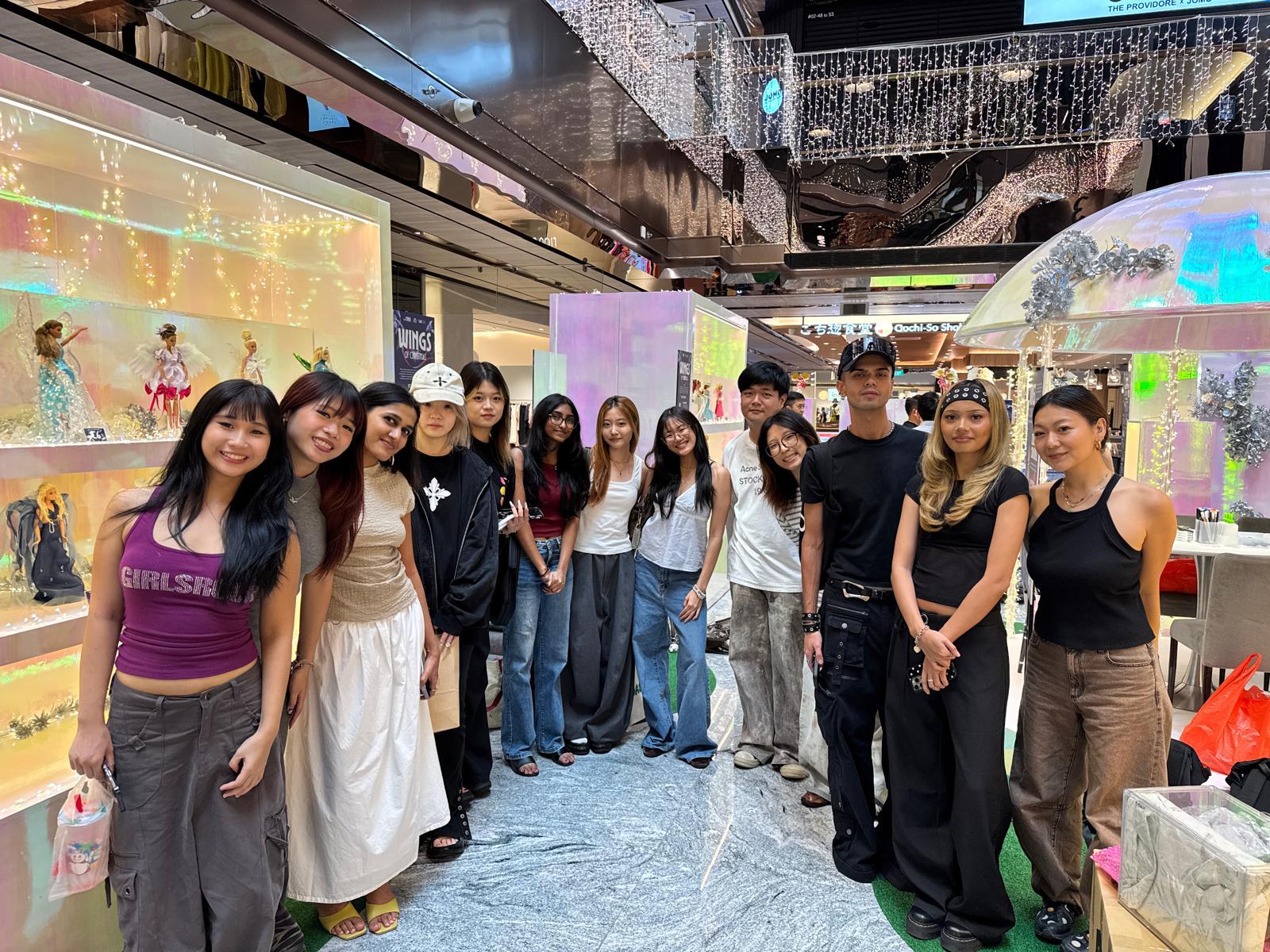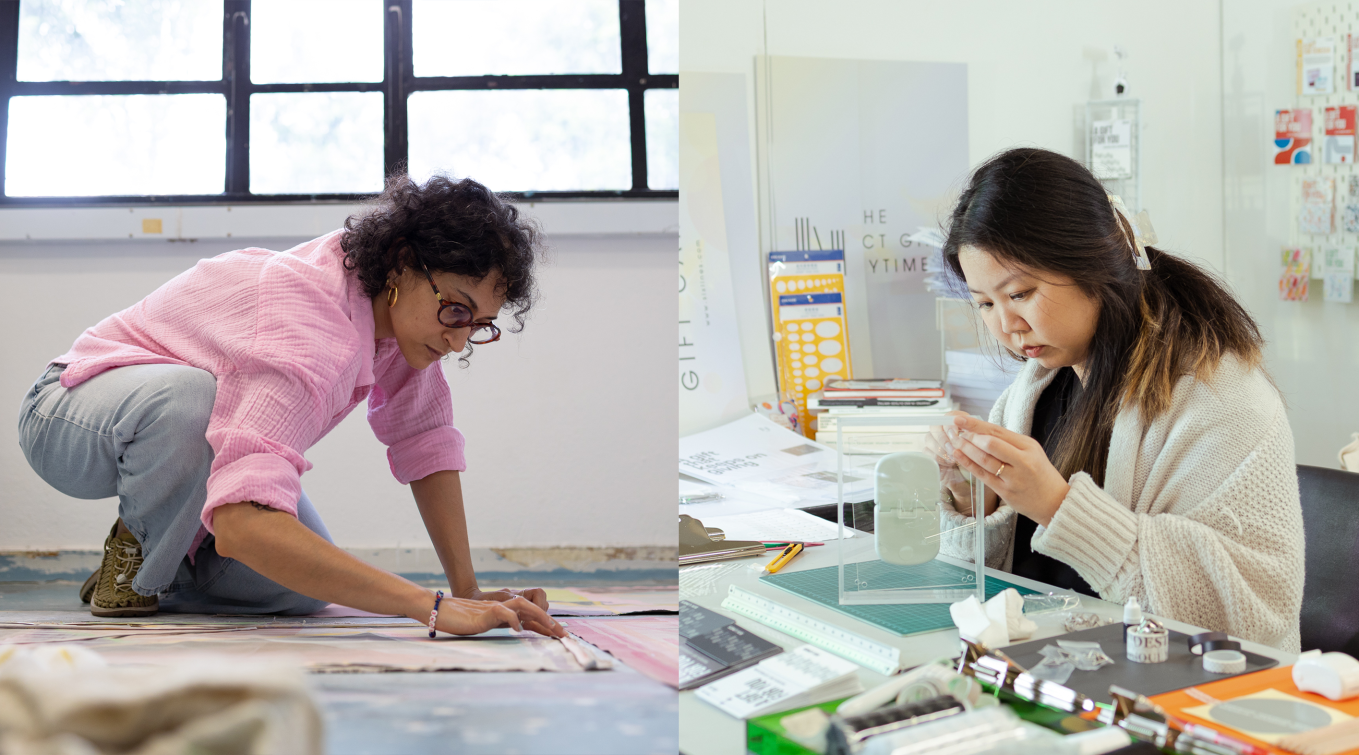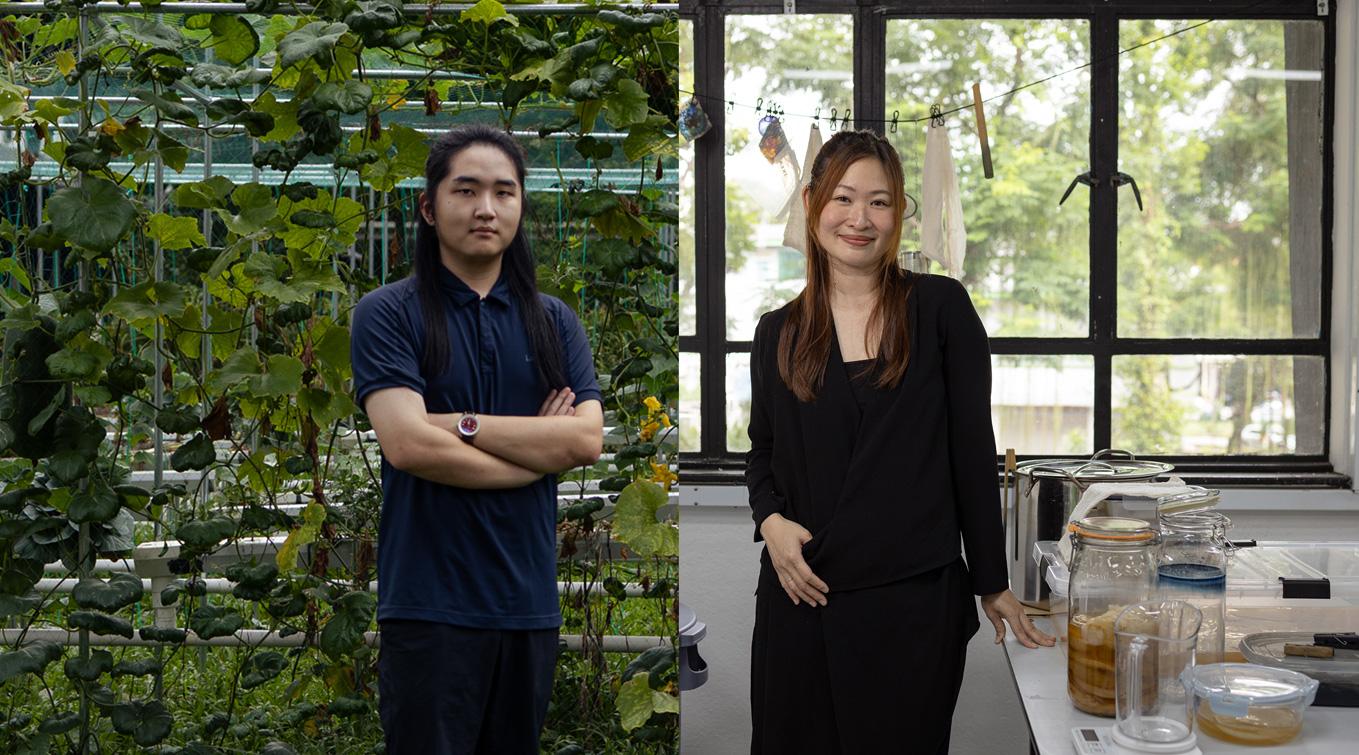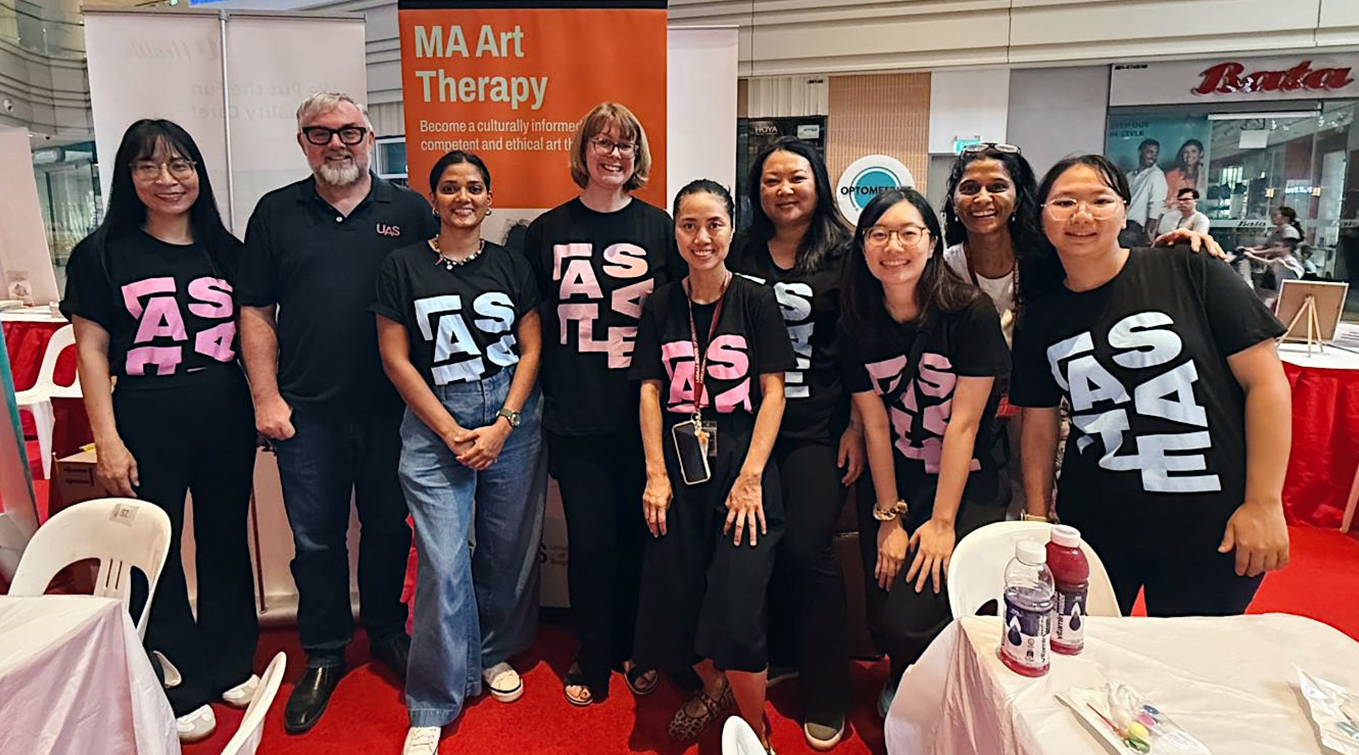What happens after an MA: MA Arts Pedagogy and Practice alumni Yazid Jalil and Rafi Dean
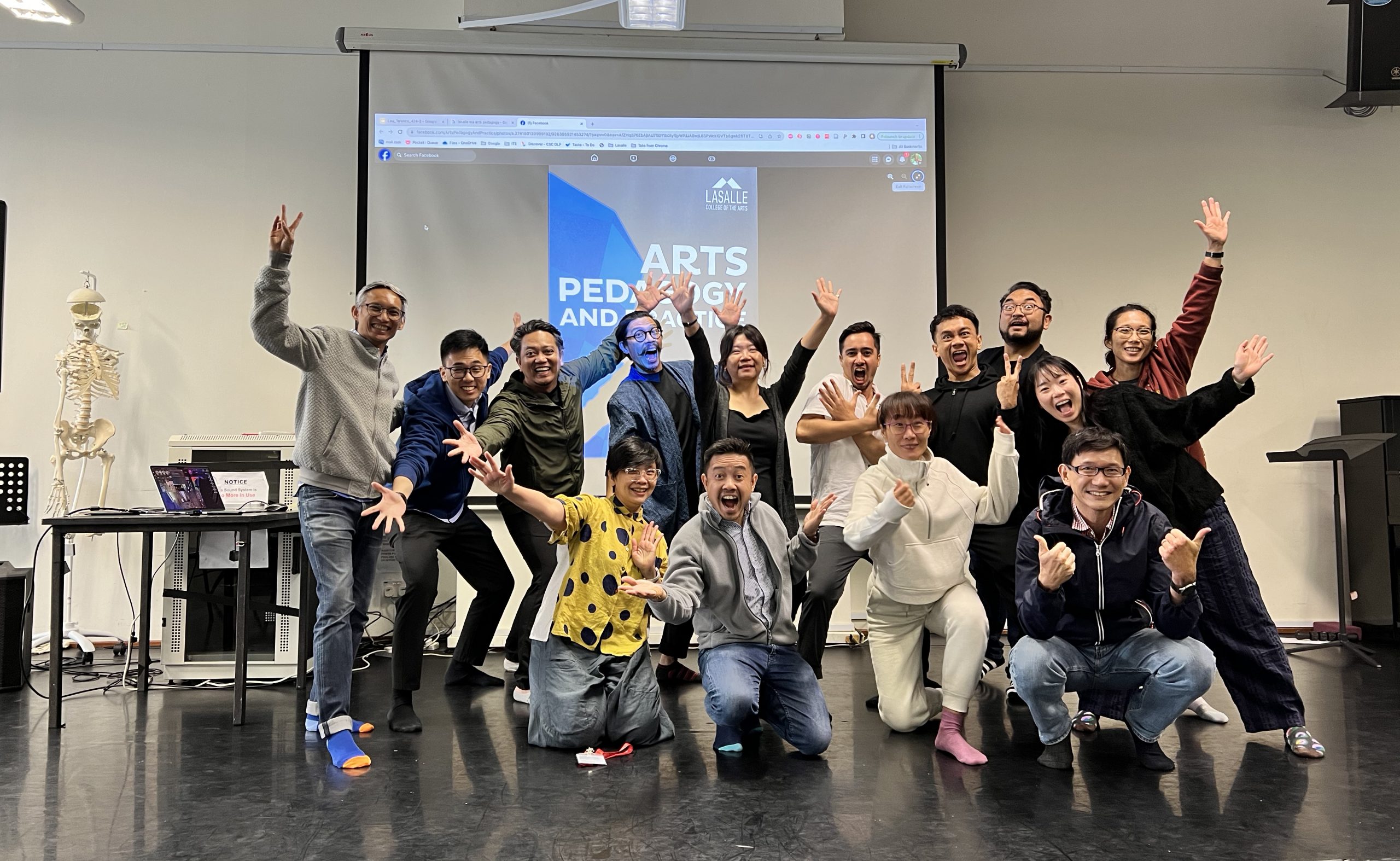
LASALLE’s MA Arts Pedagogy and Practice programme typically brings together practitioners and educators from a wide range of backgrounds. With unique opportunities for cross-pollination across disciplines, as well as an opportunity to test ideas and incubate new innovations, its alumni have included arts managers, filmmakers and even a robotics and coding teacher.
But what comes next after such a period of experimentation, research and play, as graduates return to their respective sectors? How might graduates find themselves changed, be it as teachers or practitioners, and what new modalities have they incorporated into their current practice?
We check in with Yazid Jalil and Rafi Dean, both graduates from the Class of 2024, as they share their initial motivation for pursuing an MA in Arts Pedagogy and Practice, standout memories from postgraduate studies, as well as the programme’s lasting impacts on their teaching and professional practice.
Yazid Jalil, theatre practitioner and acting teacher
What were you doing prior to pursuing your MA?
Before starting on the MA, I was working as a theatre practitioner. Back then, I was constantly juggling between performing, teaching and creating, and somehow found a way to make it all flow alongside my master’s research. It was a busy time, but incredibly rewarding.
I was fortunate to be part of a cohort of dynamic, like-minded artists who really helped me connect my existing practice to the academic and reflective work we were doing in the programme.
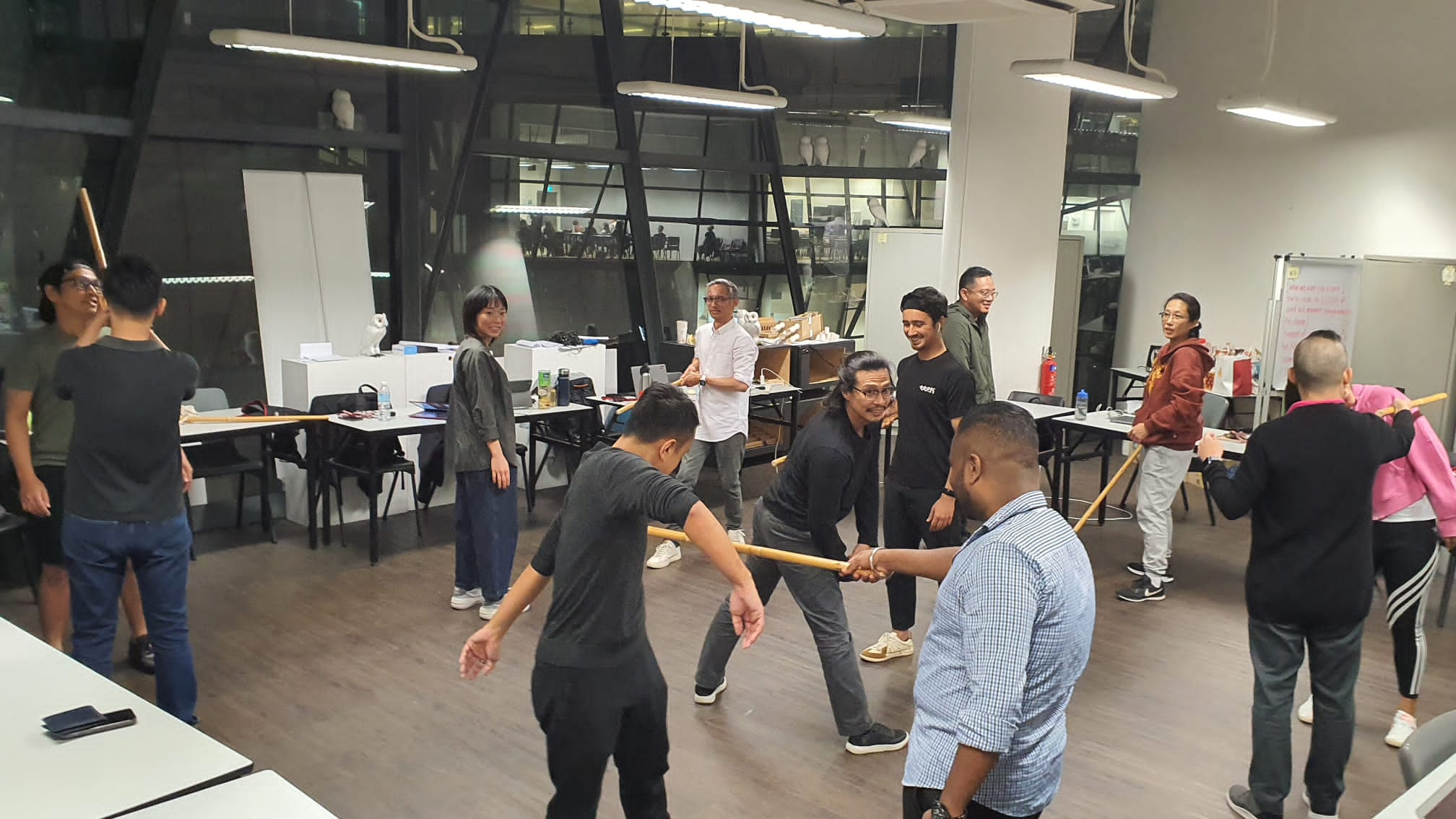
An MA Arts Pedagogy and Practice student leads a movement exercise, giving his classmates a snapshot of his art form and practice.
What were you hoping to get out of your MA studies?
I decided to pursue an MA in Arts Pedagogy and Practice because I wanted to better understand and articulate my creative and pedagogical processes.
In my earlier years, I often felt like I was navigating without a clear framework. I was doing meaningful work, but sometimes unsure of how to evaluate or anchor it. I wanted to find a way to bring clarity and depth to what I was already doing. At the same time, I was curious about how my artistic practice could sit within an academic context, to see how it could evolve to become both more complex and more grounded in real-world relevance.
What were some standout memories from your time in the programme?
One memory that stands out is our post-graduation study trip to Taiwan, organised by Dr Woo Yen Yen. We visited schools and arts organisations, and it was such an enriching experience.
That trip helped me connect theory with lived experience in a very real way. Being able to apply what I had learned in a new cultural setting really opened my eyes to how pedagogy and creative practice shift across different contexts. It helped me see how cultural sensibilities, education systems and policy all influence the way art and learning are shaped.
View this post on Instagram
How have lessons and takeaways from your MA studies manifested in your teaching and professional practice today?
I am still doing the same work as I was before. I perform, devise stage works and teach at various levels. But the biggest change has been in my awareness. I’ve learned to see the classroom as a space where multiple perspectives can coexist and strengthen one another.
I think a good teacher is someone who truly cares about the work, the process and the people. I saw that kind of care modelled so beautifully by my lecturers and classmates.
Now, I try to bring that same spirit into my teaching. I often think of it like tending to a plant. If you give a seed time, space, water and love, it’ll grow into something beautiful. That’s what I try to do with my students and my practice every day.
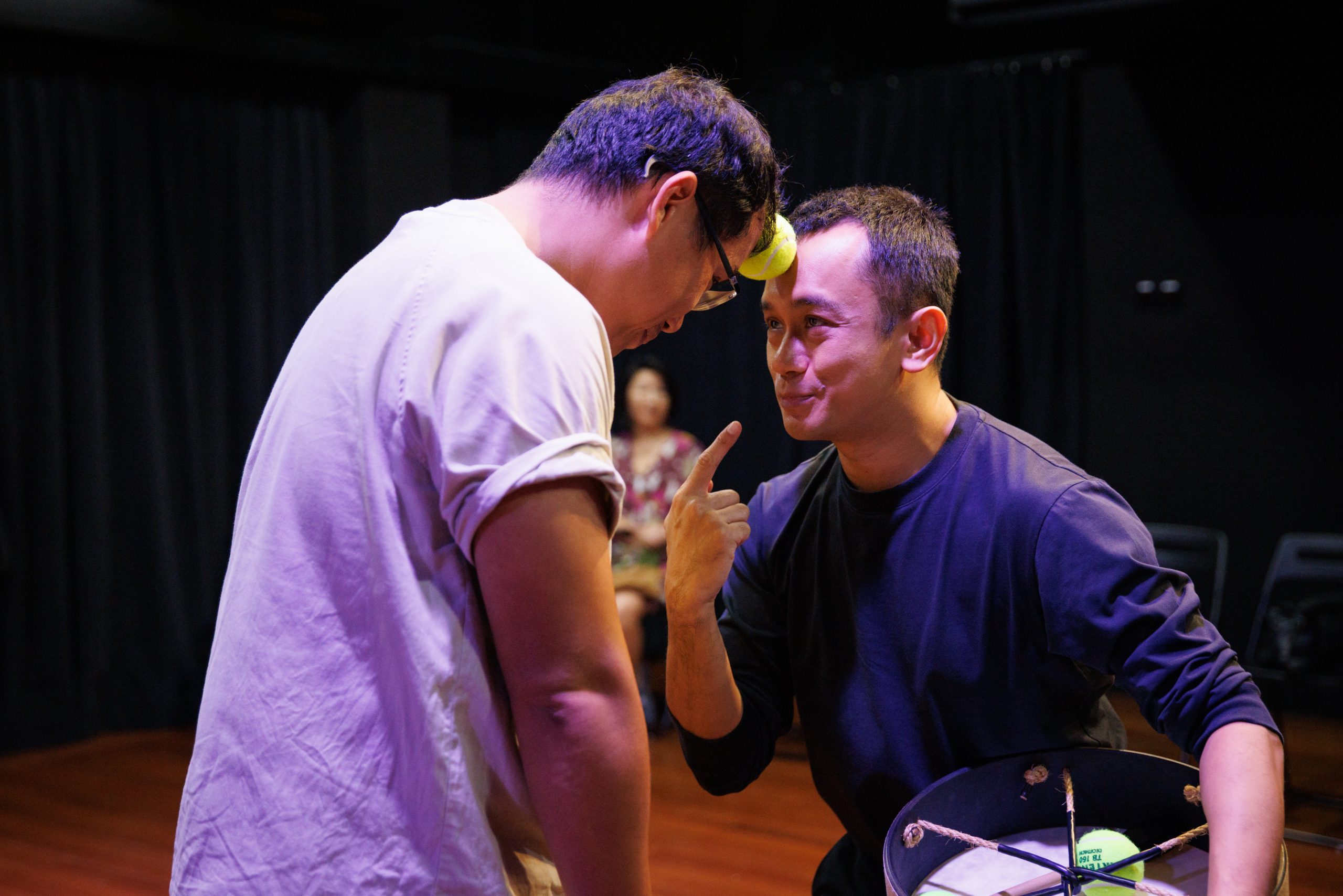
Yazid facilitating the Undead Acting Academy for Kampong Halloween. The Undead Acting Academy was a workshop designed by Yazid to teach actors, adults and children how to activate their bodies and voices to embody various monsters and creatures. Image: Zhong Hao.
Rafi Dean, technical theatre consultant, audiovisual artist and educator
What were you doing prior to pursuing your MA?
My background is in audiovisual and technical production, and I spent more than two decades working in the events, theatre and entertainment industry in Singapore. Before pursuing the MA in Arts Pedagogy and Practice at LASALLE, I was running my own audiovisual consultancy and hybrid live video production company.
My teaching career actually began about seven years prior at Republic Polytechnic, where I was a non-academic staff member but had the opportunity to teach a number of sonic arts modules. I have also been teaching part-time with LASALLE since 2014.
Outside of academia, I also develop and conduct technical training programmes for organisations and adult learners.
What were you hoping to get out of your MA studies?
As I spend more time with students—both young and old—it is clear that every student learns differently. Having to adapt my teaching style and curriculum planning to meet the needs of everyone is an important part of my teaching methodology. Having taught adult learners, I realised that the technical classroom could benefit from techniques and pedagogical approaches rooted in concepts from educational theory.
As I spent more time crafting curricula and testing new methods, it made sense to strengthen my own practice and research by pursuing the MA programme. With in-depth research and deeper studies into theory and practice, I could refine my craft, both as a practicing artist and creator as well as a teacher.
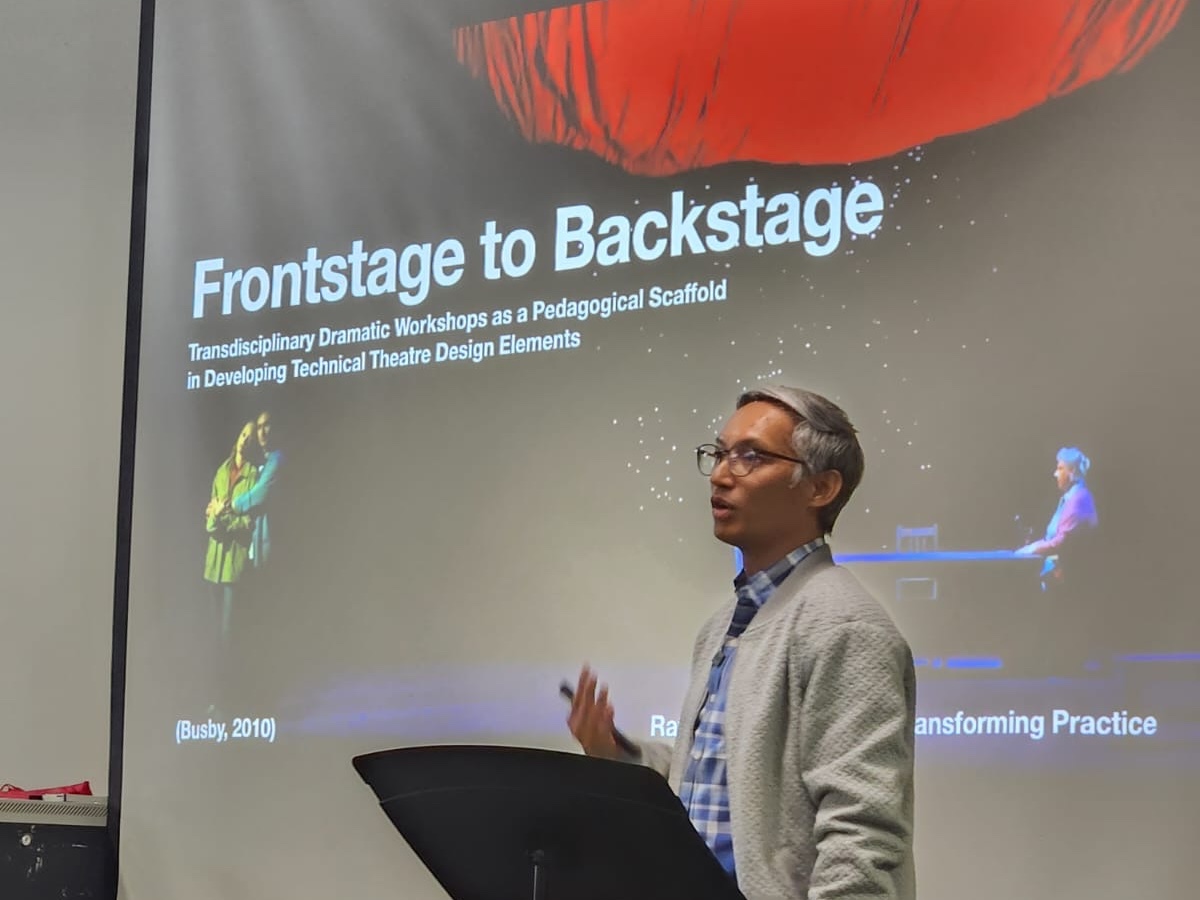
Rafi presenting his research during his postgraduate studies.
What were some standout memories from your time in the programme?
The programme was extremely memorable, especially with the close bonds we made as a cohort. The diverse practices of each individual in the cohort blended well with each other’s interests and we collectively learned and made many discoveries together.
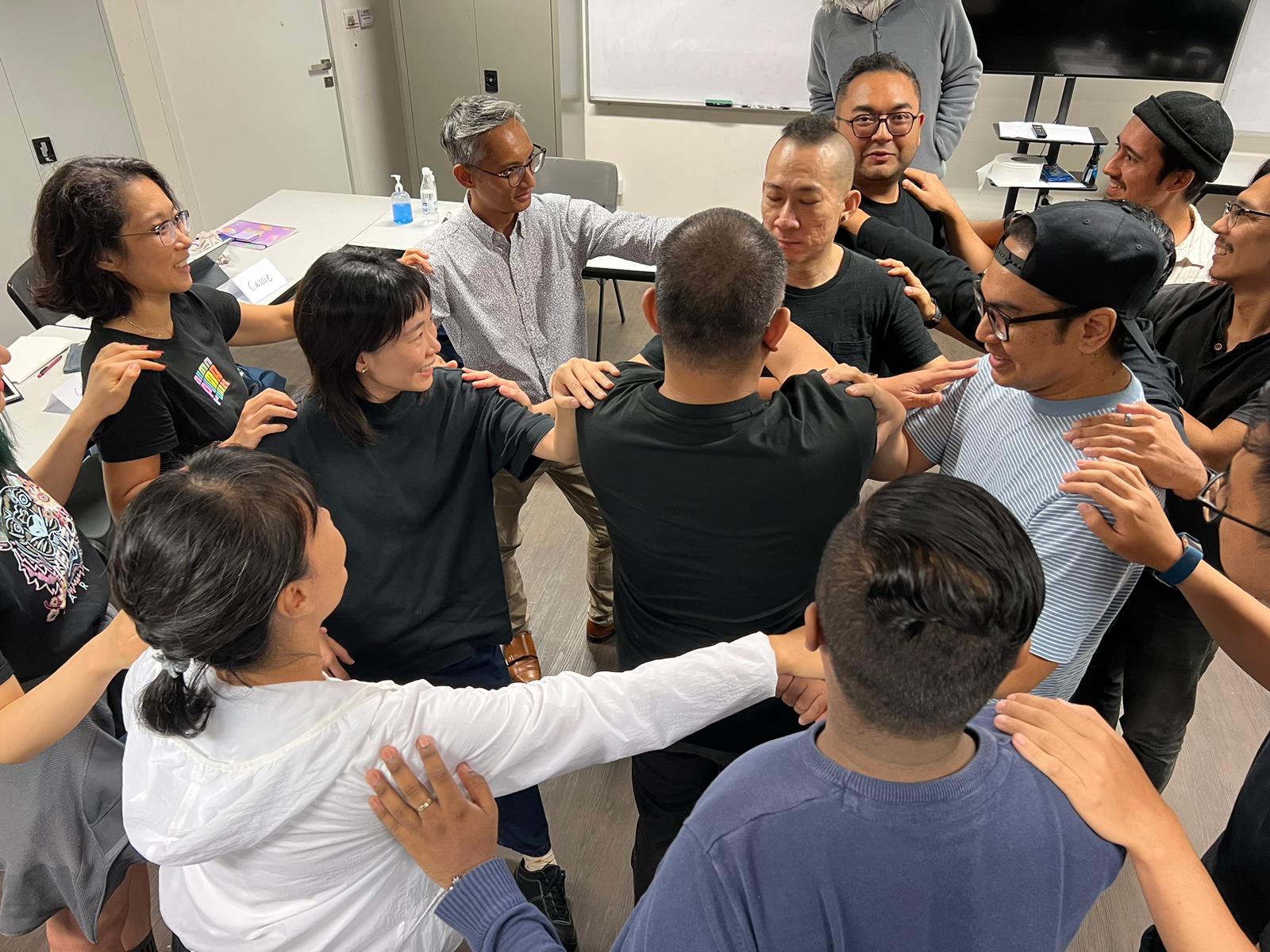
A class exercise at the start of semester, intended to build connections—both metaphorical and physical in nature—with each other.
A standout memory would be the very intense, evolutionary and deeply cathartic module Experiencing Diverse Pedagogies with visiting artist Dr John Sharpley. We worked on weekly performance-based experiments and co-developed an original performance as a capstone project for the cohort that we later presented for The LASALLE Show 2024, titled Boundless.
How have lessons and takeaways from your MA studies manifested in your teaching and professional practice today?
My time in LASALLE’s MA Arts Pedagogy and Practice programme helped me to better describe my thoughts and ideas via a strong framework of deliberate and focused communication.
The academic experience rejuvenated my love for intellectual discourse and research. Some key concepts I’ve picked up are also applicable in new teaching stints such as facilitating the IN-depth module at University of the Arts Singapore.
Even in my new full-time role in the museum sector, I continue to apply my teaching framework and pedagogical approaches. As with all careers in the arts sector, exhibition development involves interdisciplinary collaboration, and the skills I honed during the MA, whether it is research, communicating discourse and workshopping ideas have been fully applicable in my day-to-day work with artists and technical personnel.
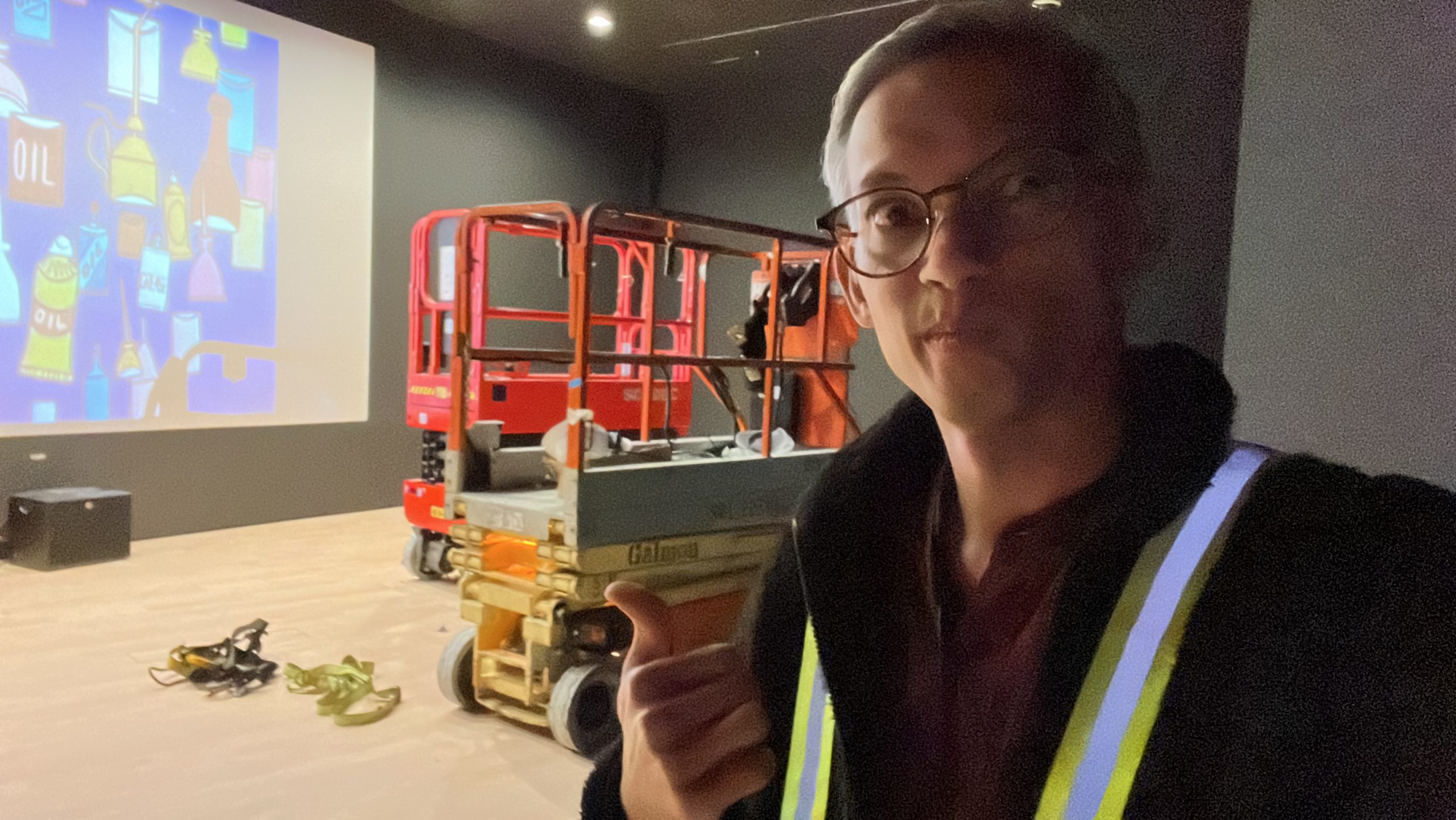
Rafi at the ArtScience Museum where he oversees technical operations as senior manager for museum services.




